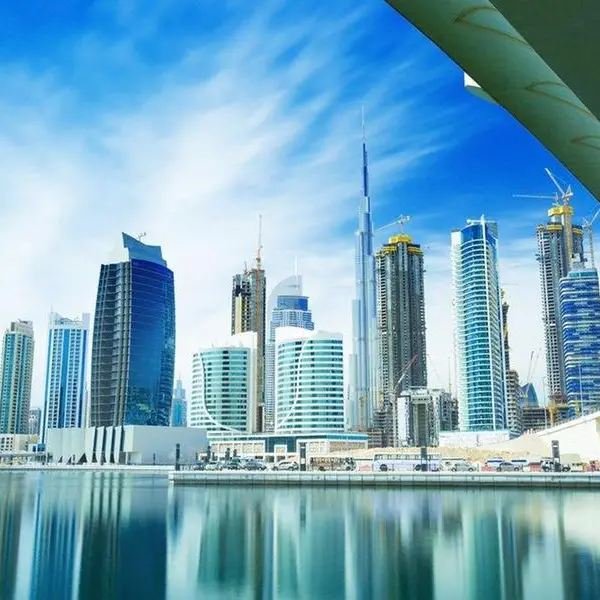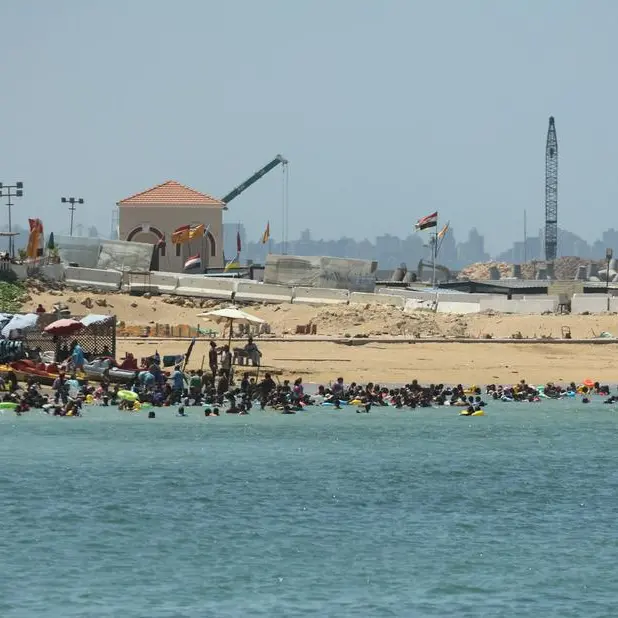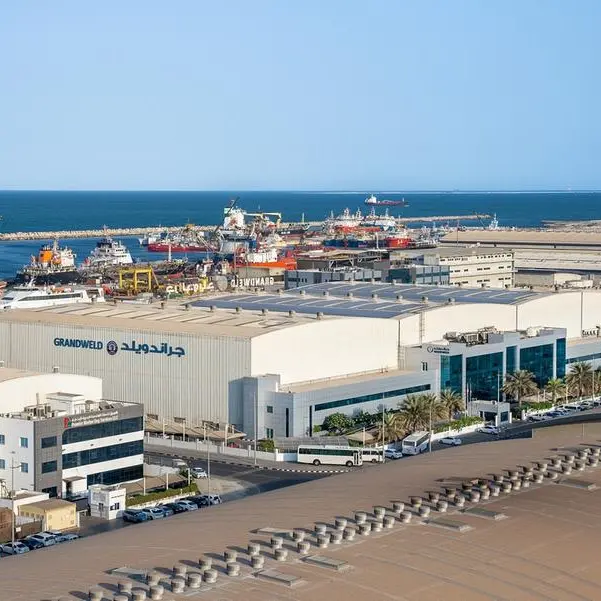PHOTO
A top minister has affirmed Bahrain’s commitment to achieving the National Afforestation Plan’s goal of increasing greenery and doubling the number of trees by 2035.
The plan includes quadrupling mangrove trees by 2035 as a commitment to reducing climate change and reaching carbon neutrality by 2060, he said.
This came as Oil and Environment Minister and Special Envoy for Climate Affairs Dr Mohammed Bin Daina took part in the international ministerial meeting to expand the range of mangroves during the ‘Nature, Oceans and Land Use Day’ as part of the 28th session of the Conference of the Parties to the UN Framework Convention on Climate Change (COP28).
He emphasised that Bahrain’s membership in The Mangrove Alliance for Climate (MAC), a coalition established by the UAE in partnership with Indonesia, reflects the kingdom’s commitment to enhancing co-operation among various sectors concerned with climate security and the protection of the environment.
Dr Bin Daina underscored the importance of public-private co-operation in promoting a culture of agriculture and raising awareness about mangroves’ environmental and nutritional role.
This meeting aimed to establish a strong path for developing nature-based solutions, bring about a qualitative change in climate action and accelerate financing, policy and technology to achieve the objectives of the Mangrove Breakthrough initiative. The initiative aims to protect and restore 15 million hectares of mangroves by 2030.
MAC seeks to support, enhance and expand areas of mangrove forests as one way to counteract climate change and absorb and reduce greenhouse gas emissions.
This initiative requires that member states plant, restore, rehabilitate and recover mangrove forests; foster co-operation among countries to support this natural solution; exchange knowledge and promote scientific research; and preserve coastal areas.
l A draft of a potential climate deal at the COP28 summit yesterday suggested a range of options that countries could take to reduce greenhouse gas emissions, but omitted the ‘phase-out’ of fossil fuels that many nations have demanded.
The draft will set the stage for a final round of contentious negotiations in the two-week summit in Dubai, which has laid bare deep international divisions over whether oil, gas and coal should have a place in a climate-friendly future.
COP28 president Sultan Al Jaber urged the nearly 200 countries at the talks to redouble their efforts to finalise a deal ahead of the scheduled close of the conference today, saying they “still have a lot to do”.
“You know what remains to be agreed. And you know that I want you to deliver the highest ambition on all items including on fossil fuel language,” he said.
UN Secretary General Antonio Guterres has said a central benchmark of success for COP28 will be whether it yields a deal to phase out fossil fuels fast enough to avert disastrous climate change.
The new draft of a COP28 agreement, published by the UAE presidency of the summit, proposed various options but did not refer to a “phase out” of all fossil fuels, which had been included in a previous draft.
Instead it listed eight options that countries “could” use to cut emissions, including: “reducing both consumption and production of fossil fuels, in a just, orderly and equitable manner so as to achieve net zero by, before, or around 2050”.
Other actions listed included tripling renewable energy capacity by 2030, “rapidly phasing down unabated coal” and scaling up technologies including those to capture CO2 emissions to keep them from the atmosphere.
Copyright 2022 Al Hilal Publishing and Marketing Group Provided by SyndiGate Media Inc. (Syndigate.info).




















